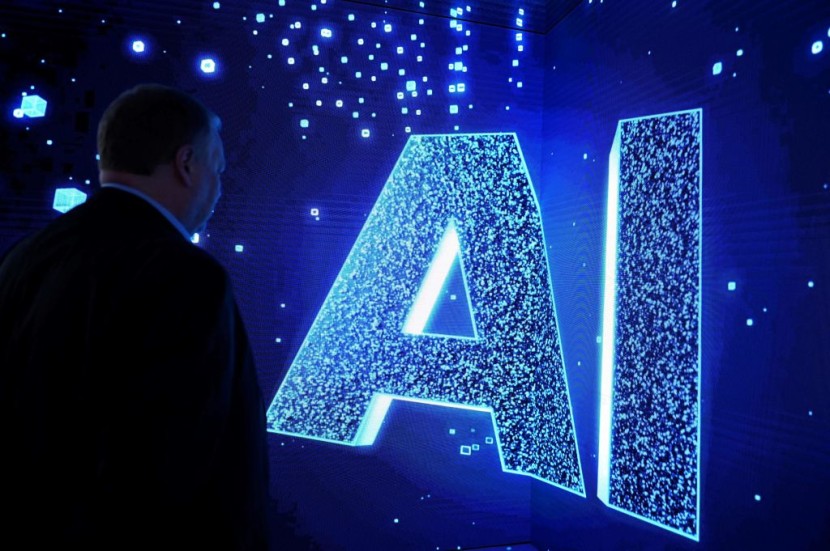The International Monetary Fund (IMF) stated Sunday that almost 40% of jobs around the globe could be affected by the expansion of AI.

They reported that the world stands at the cusp of a technological revolution with the potential to enhance productivity, propel global growth, and elevate incomes globally. However, it also carries the risk of job displacement and exacerbating inequality.
The Global Markets
The IMF article additionally focused on how certain markets and economies will be affected by this new adoption of AI Within advanced economies, AI could potentially affect approximately 60 percent of jobs. While around half of these exposed jobs might experience enhanced productivity through AI integration, the other half faces the prospect of AI taking over tasks currently performed by humans. This shift could reduce labor demand, resulting in lower wages and diminished hiring. In extreme scenarios, certain jobs may even cease to exist.
The IMF also revealed that low-income countries and developing markets anticipated AI exposure rates stand at 40 percent and 26 percent for advanced and emerging market/developing economies, respectively. While these figures indicate that emerging economies may experience fewer immediate disruptions from AI, the lack of infrastructure and skilled workforces in many of these nations poses a challenge. This raises concerns that, over time, AI could exacerbate inequality among nations by limiting the ability of certain countries to harness its benefits.
CNN also disclosed that certain tech firms have explicitly cited AI as a factor influencing their reconsideration of staffing levels. Although workforce dynamics may undergo changes, the widespread adoption of AI is projected to potentially raise labor productivity and contribute to a 7% annual increase in global GDP over a ten-year span. This estimation was put forth by Goldman Sachs economists in March 2023.
The general consensus seems to be that while AI integration will have a positive effect on our current way of living, it could also be a double-edged sword that could also widen the current income and overall wealth gap on top of making the human touch seemingly obsolete when it comes to some forms of work as Chat GPT continues to gain notoriety. For example at CES earlier this month AI had a big show out with Chat GPT blending with Volkswagens Ida as well as a new app that utilizes AI to translate your newborn's cries.
© 2026 HNGN, All rights reserved. Do not reproduce without permission.








